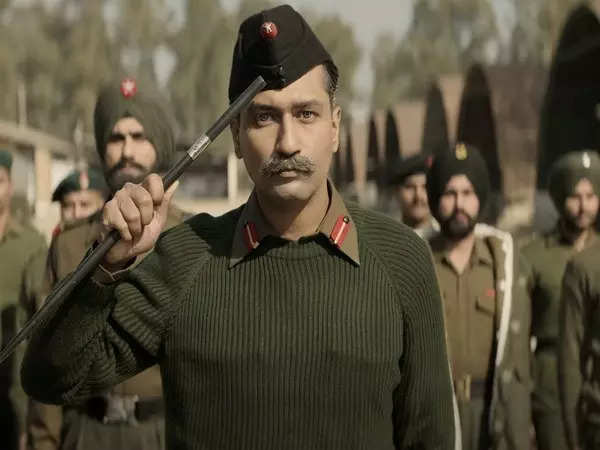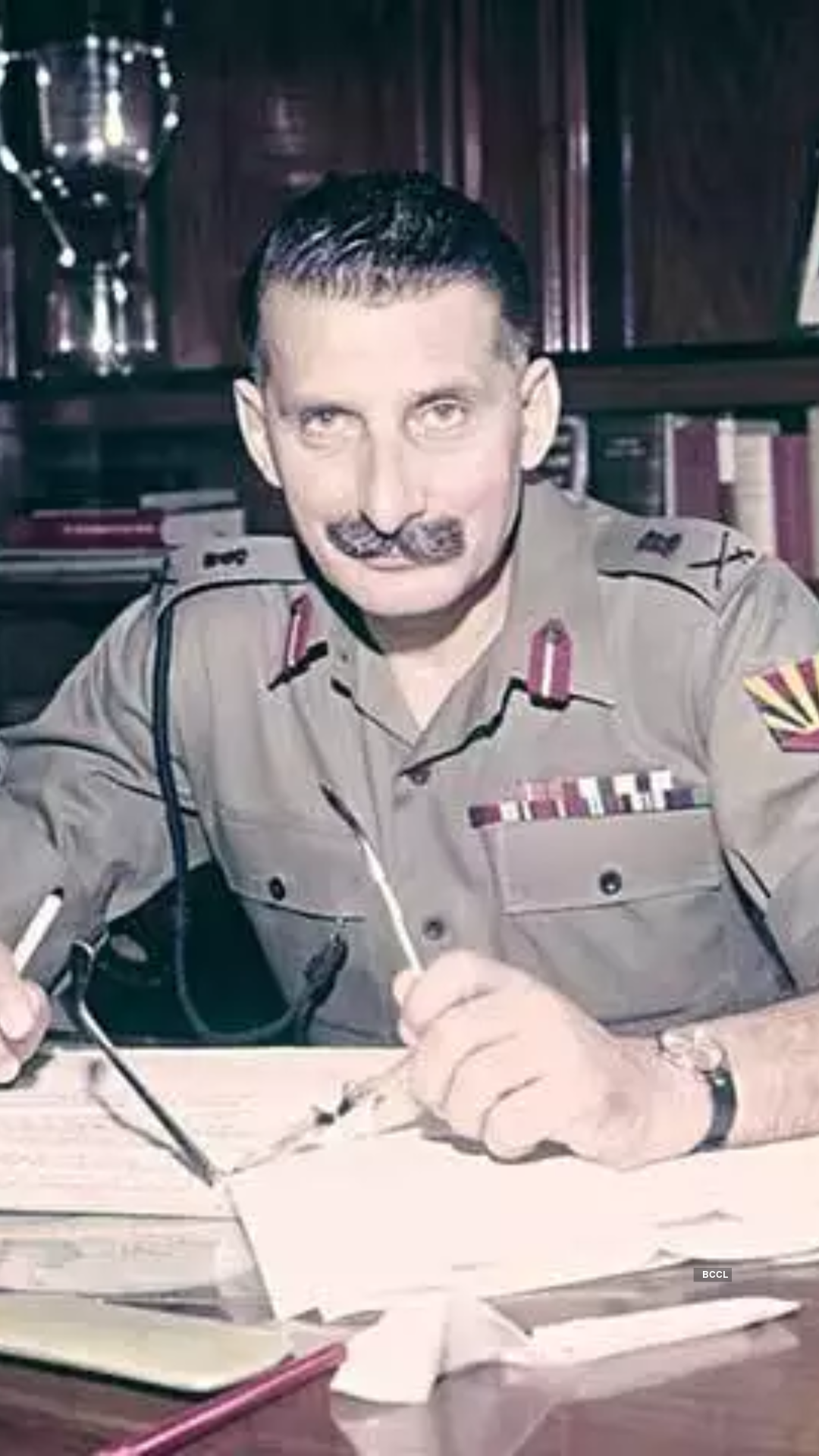The new bollywood movie Sam Bahadur, which is directed by Meghna Gulzar starring Vicky Kaushal, Fatima Sana Shaikh and Sanya Malhotra is based on the Field Marshal’s life and his journey through the 4 decades of army service. Now here are some lesser known stories of Field Marshal Sam Manekshaw you should definitely know about.

A reluctant beginningDespite aspiring to follow in his military-doctor father’s footsteps, young Manekshaw faced resistance when he expressed his desire to join the army. Undeterred, he rebelled against his family’s expectations, successfully clearing the entrance examination for the Indian Military Academy in Dehradun. In 1932, he became one of the first 40 cadets to enroll, setting the stage for an extraordinary journey.
Wars and triumphs
Manekshaw’s spirit sparkled through as he served in five different wars, including World War II, the India-Pakistan conflict of 1947, the Sino-Indian war of 1962, the India-Pakistan war of 1965, and the pivotal Bangladesh Liberation War of 1971. His leadership during World War II, where he led his unit to victory against the Japanese in Burma, showcased his determination, even in the face of severe adversity.
The Sittang Bridge victory
During World War II, Manekshaw’s courage reached new heights when, despite losing half of his soldiers and sustaining a major injury, he inspired his team to secure victory at the Sittang Bridge. Major General David Cowan, Commander-in-Chief of the 17th Infantry Division, saluted Manekshaw’s bravery, personally pinning his own Military Cross ribbon on him, proclaiming, “A dead person cannot be awarded a Military Cross.”

Leadership and recognition
Appointed as the Colonel of the Regiment 8 Gorkha Rifles and 61 Cavalry on May 24, 1953, Manekshaw continued to serve with distinction. In 1969, he assumed the role of Chief of the Army Staff, steering the Indian Army to unprecedented efficiency. Recognizing his contributions, he was awarded the Padma Bhushan in 1968 and later the Padma Vibhushan in 1972.
Architect of victories
As Chief of the Army Staff, Manekshaw orchestrated the seamless collaboration of the army, navy, and air force, leading to the defeat of the Pakistani Army in the Eastern Front in 1965. The crowning achievement came during the 1971 Indo-Pakistani War, resulting in the liberation of Bangladesh and solidifying his legacy as a strategic genius.
The Field Marshal’s Legacy
In 1973, in acknowledgment of his service, Manekshaw was given the rare honor of the five-star rank of Field Marshal. However, the illustrious journey came to an end when he succumbed to pneumonia on June 27, 2008, leaving behind a legacy etched in the annals of Indian military history.

